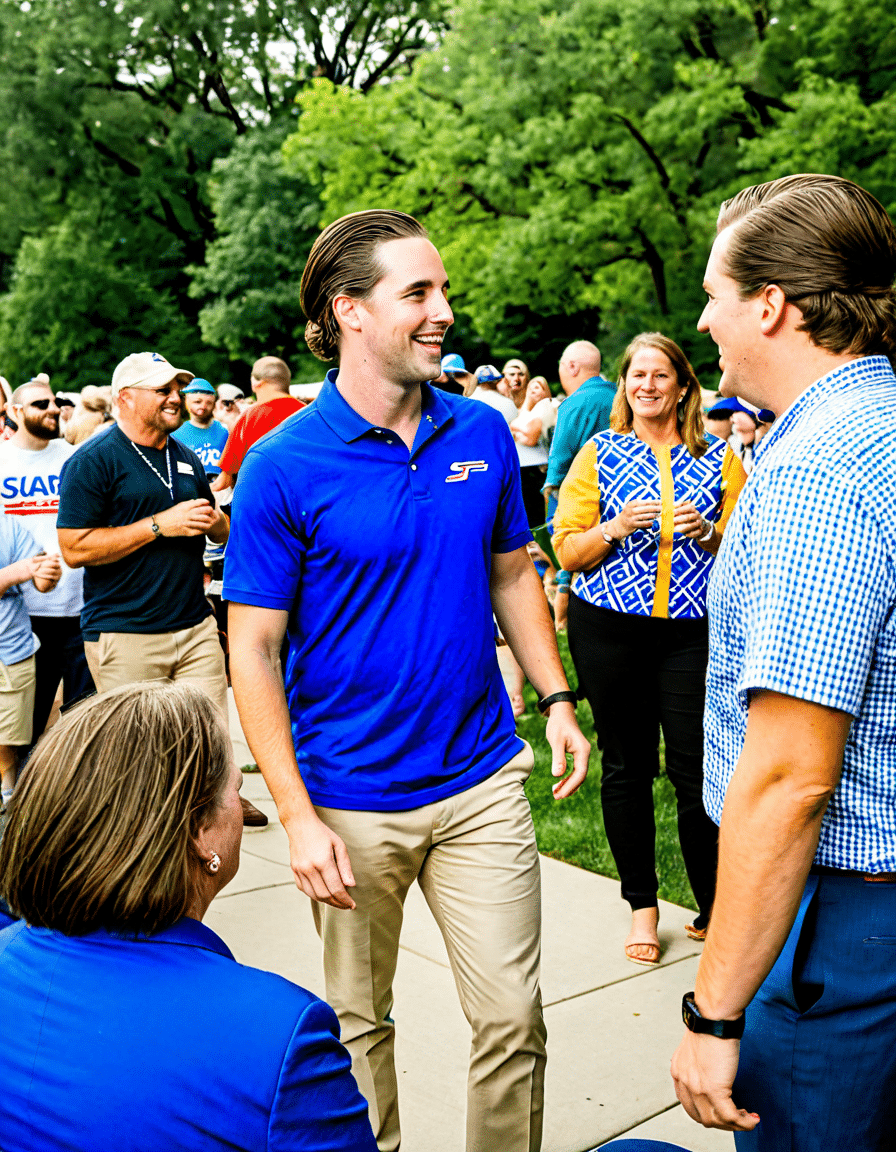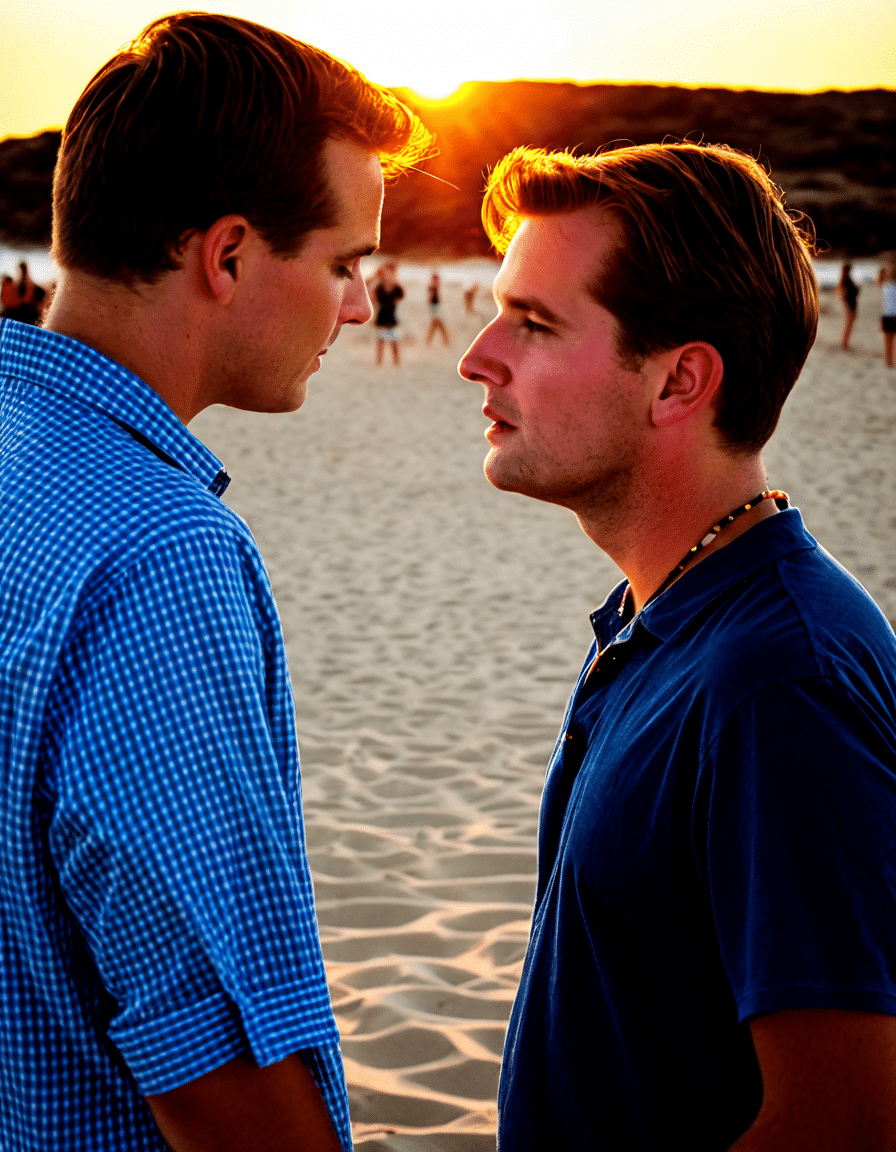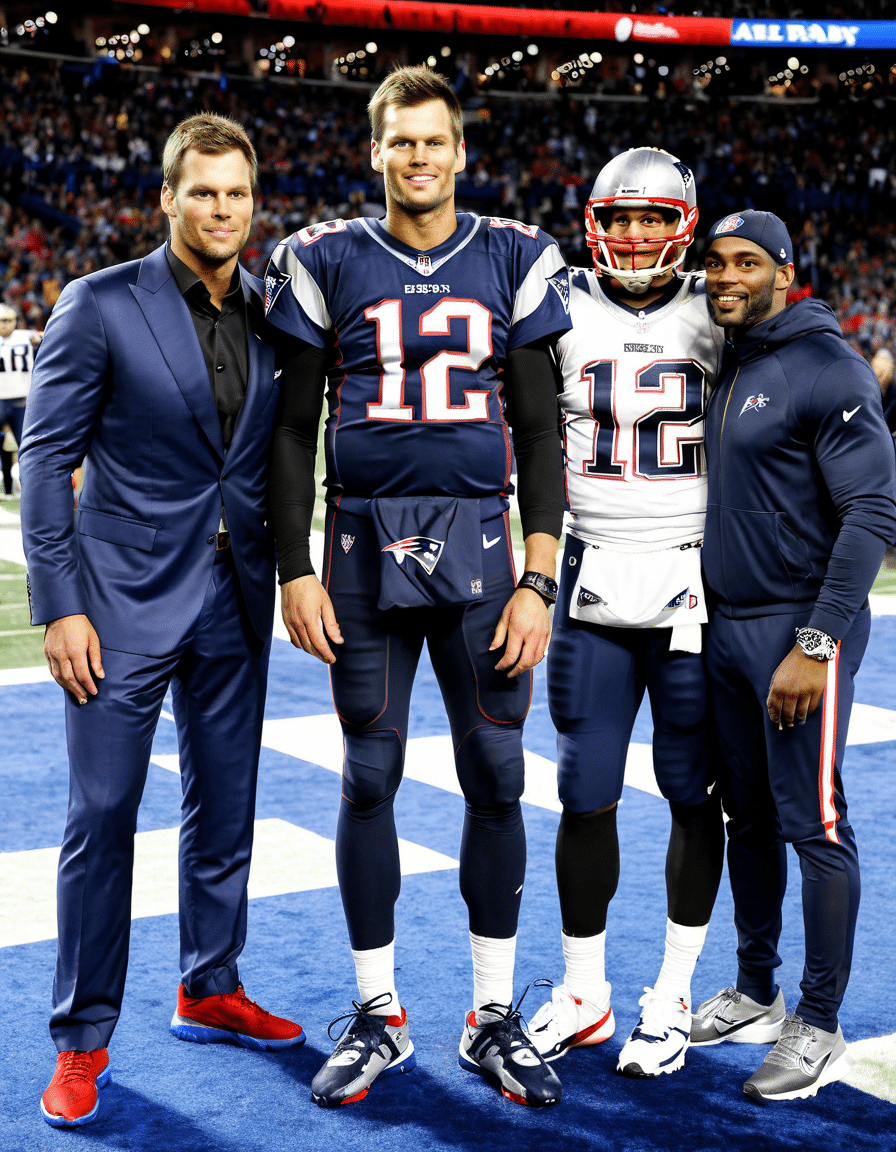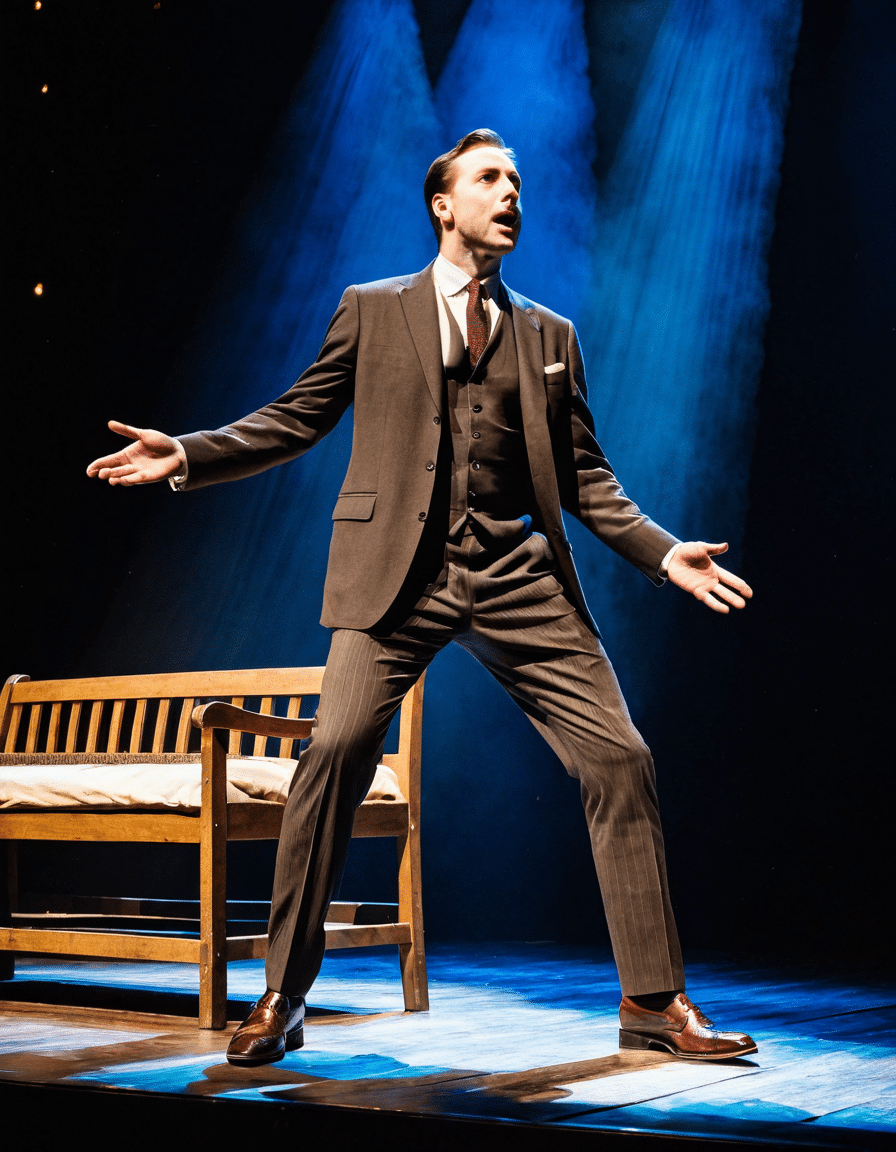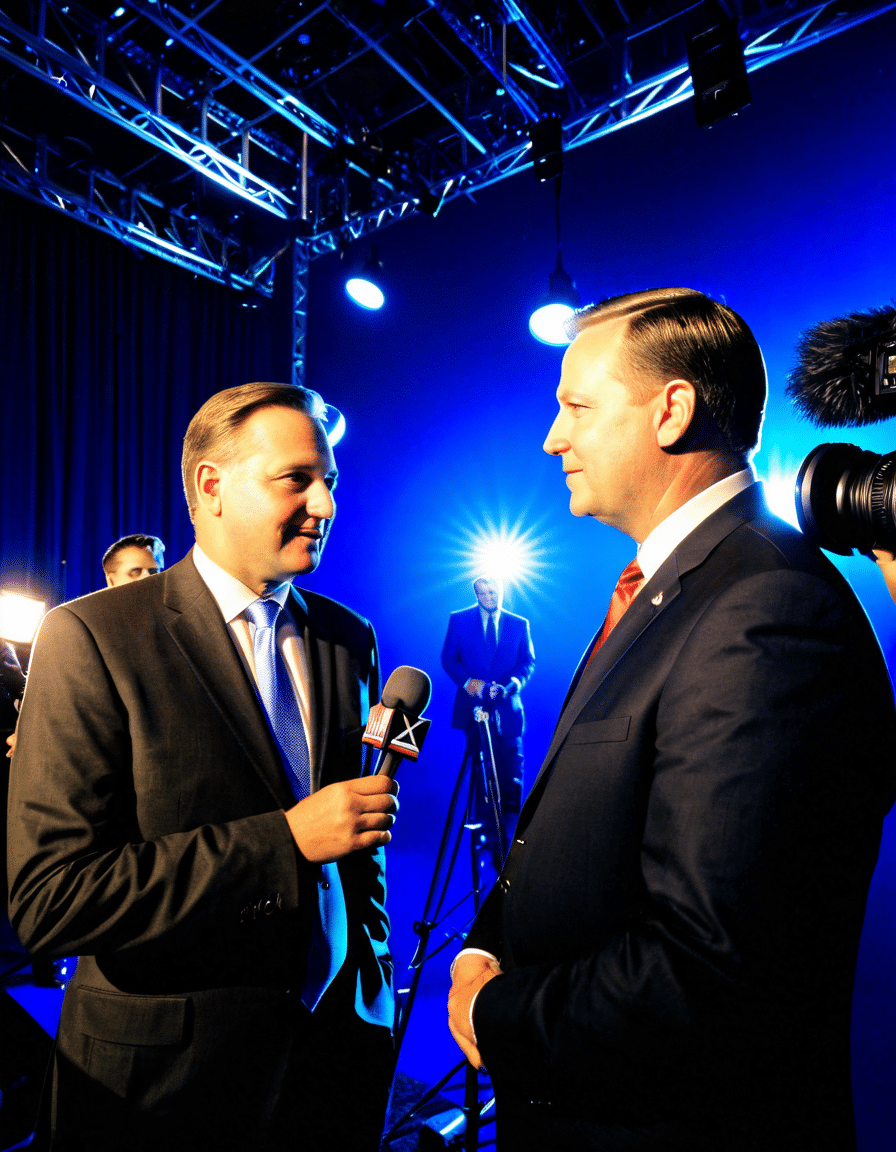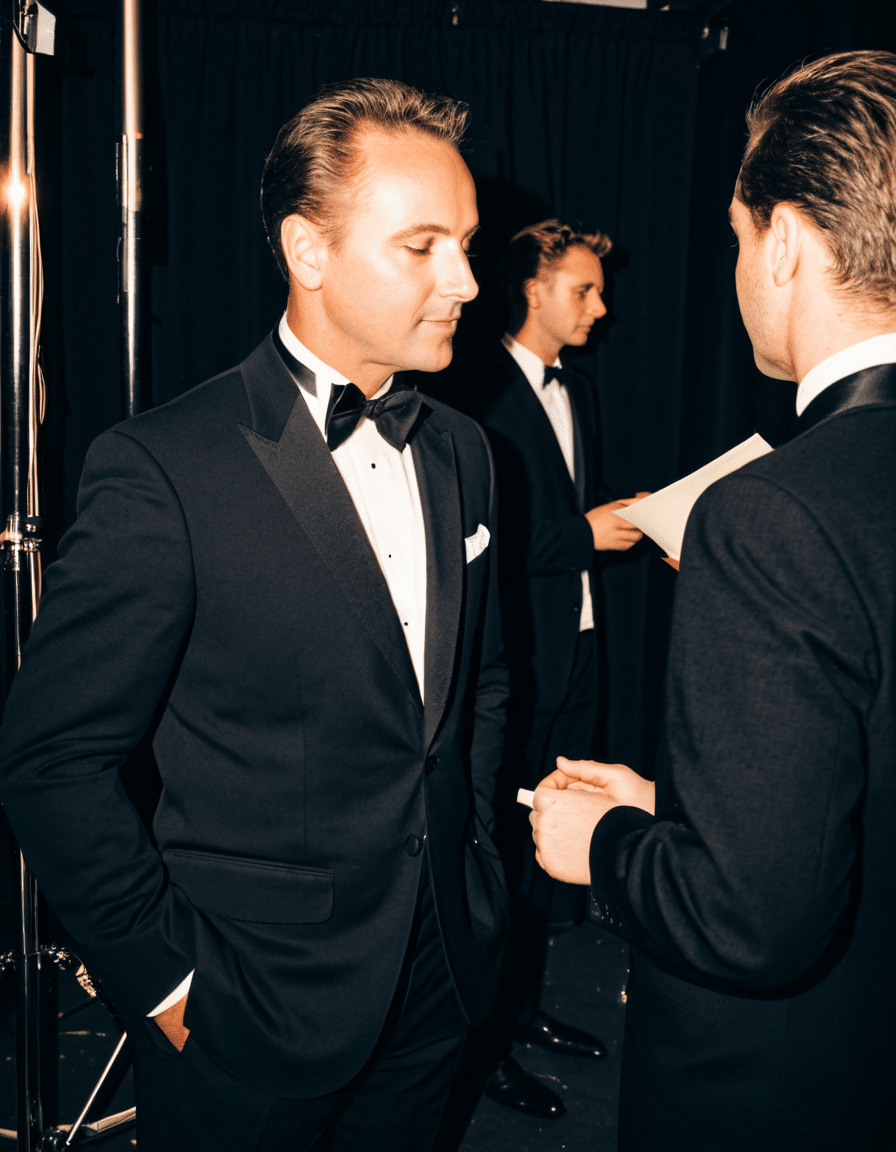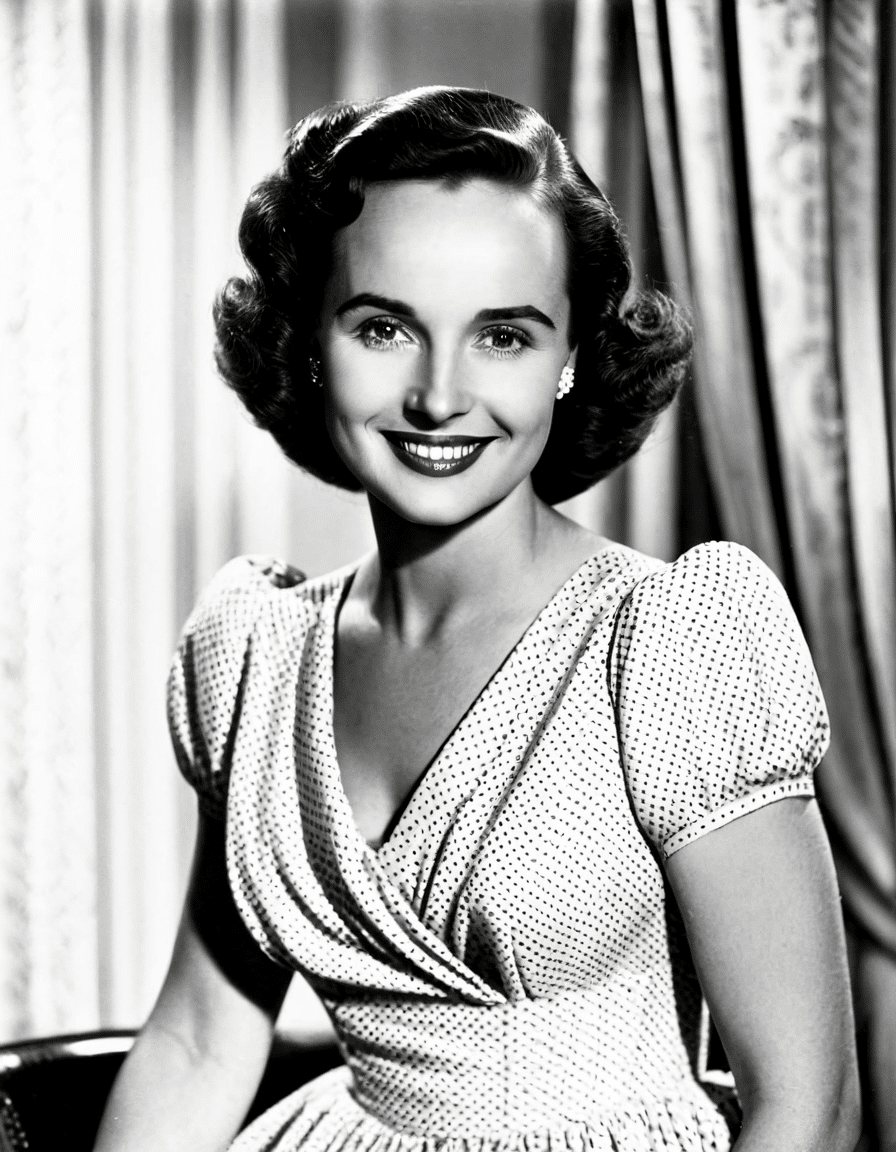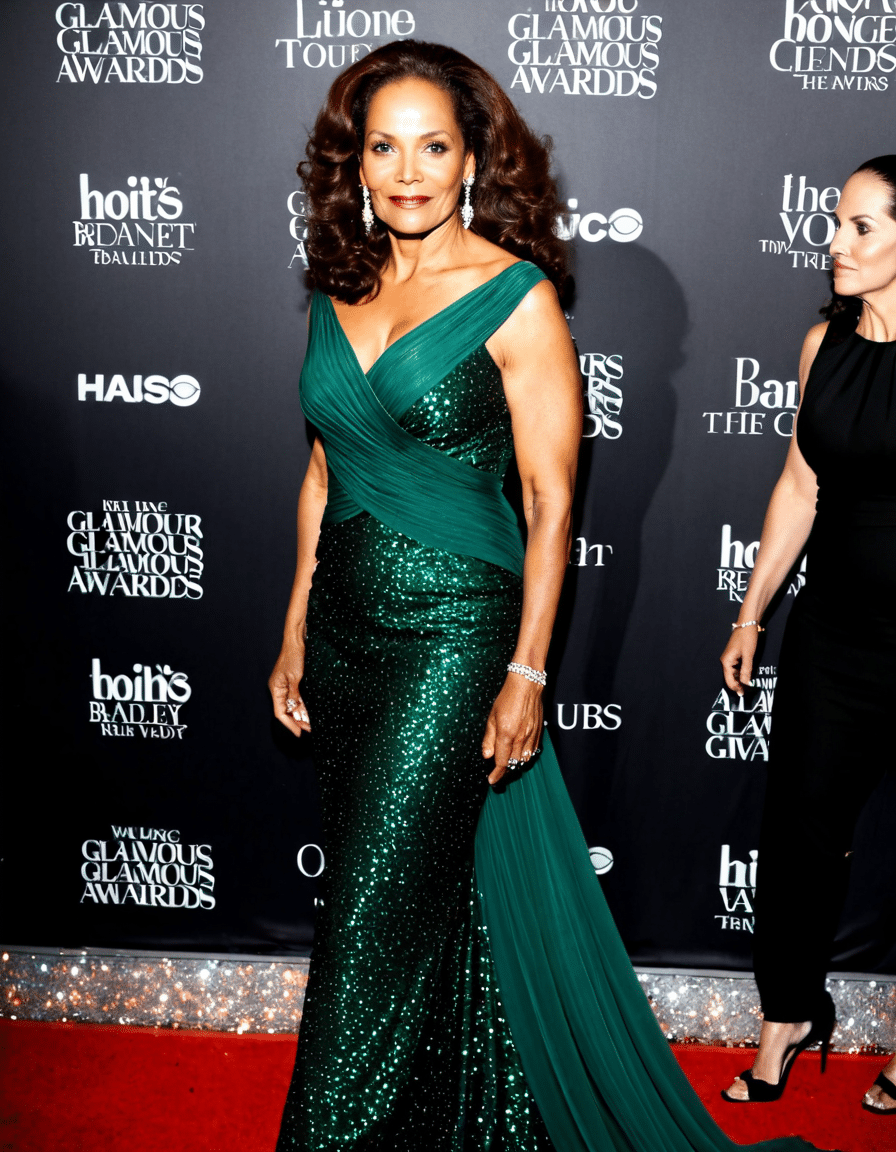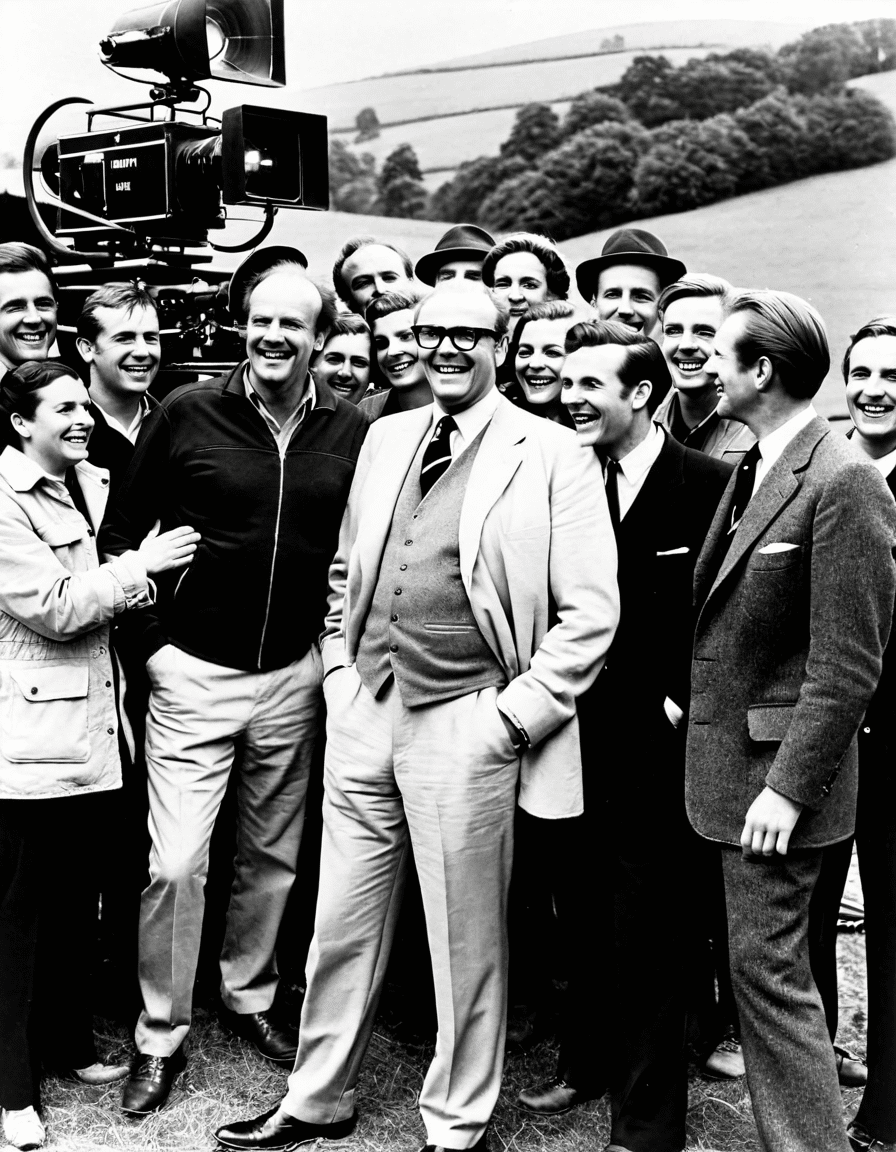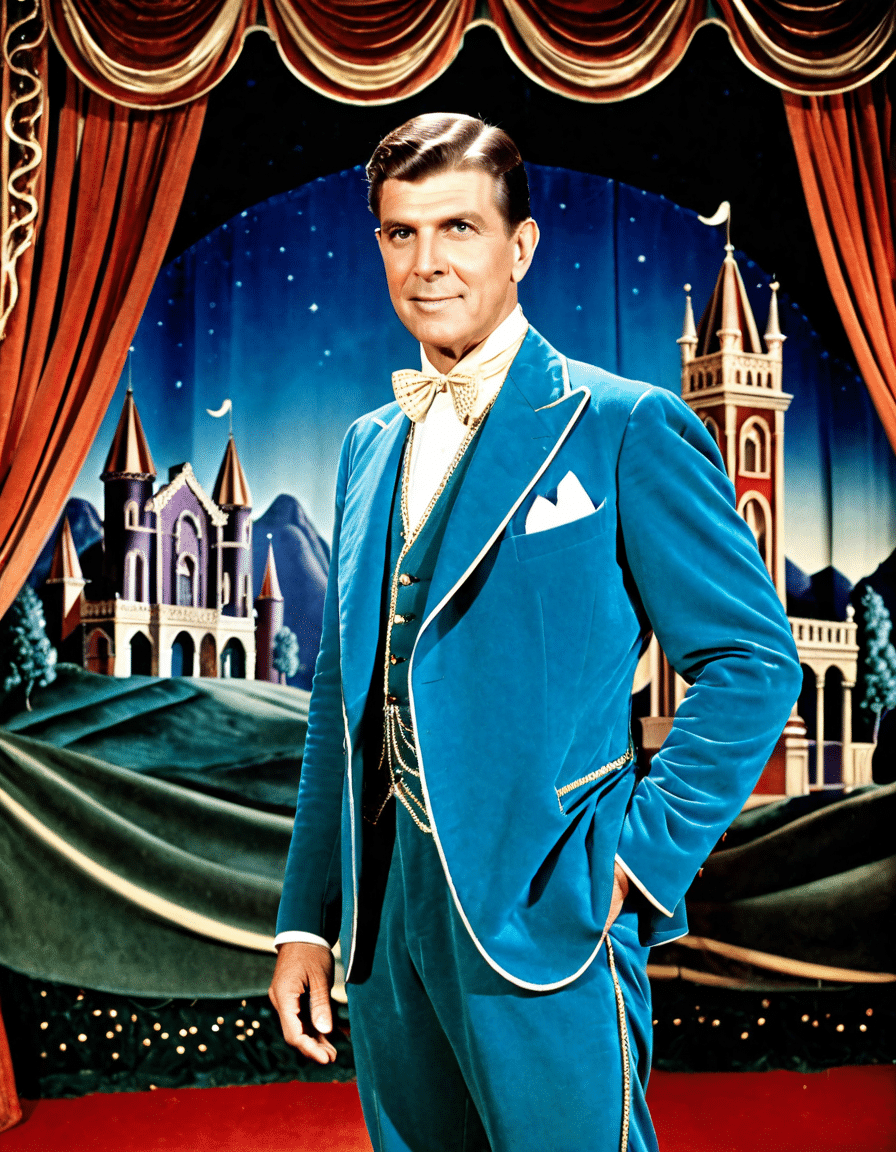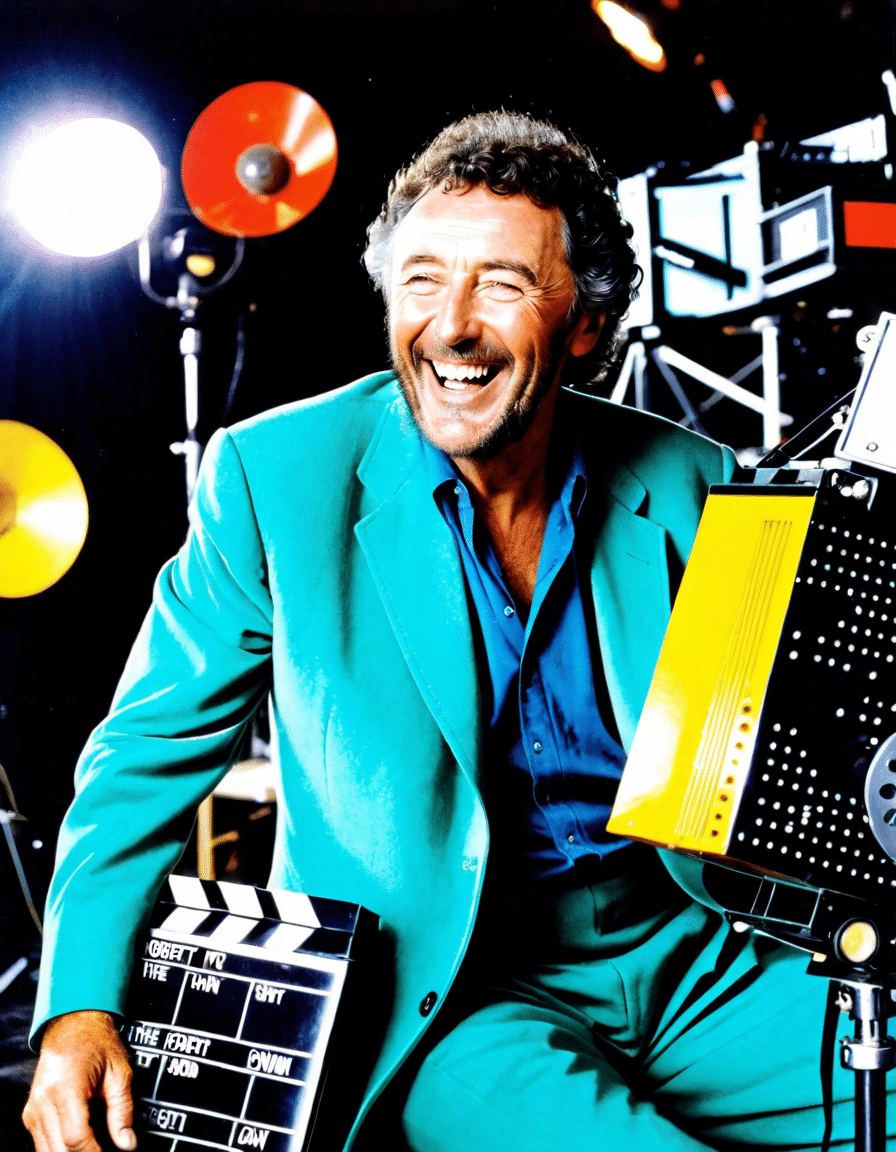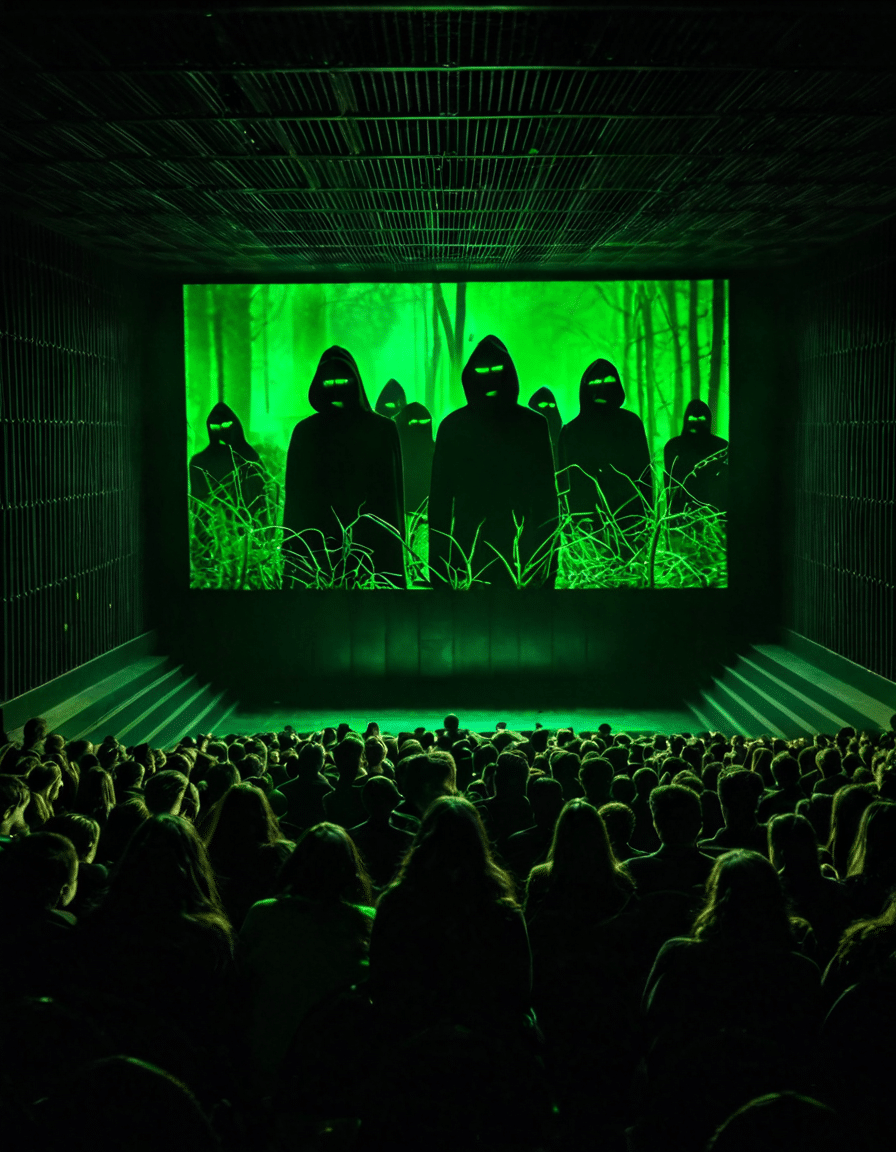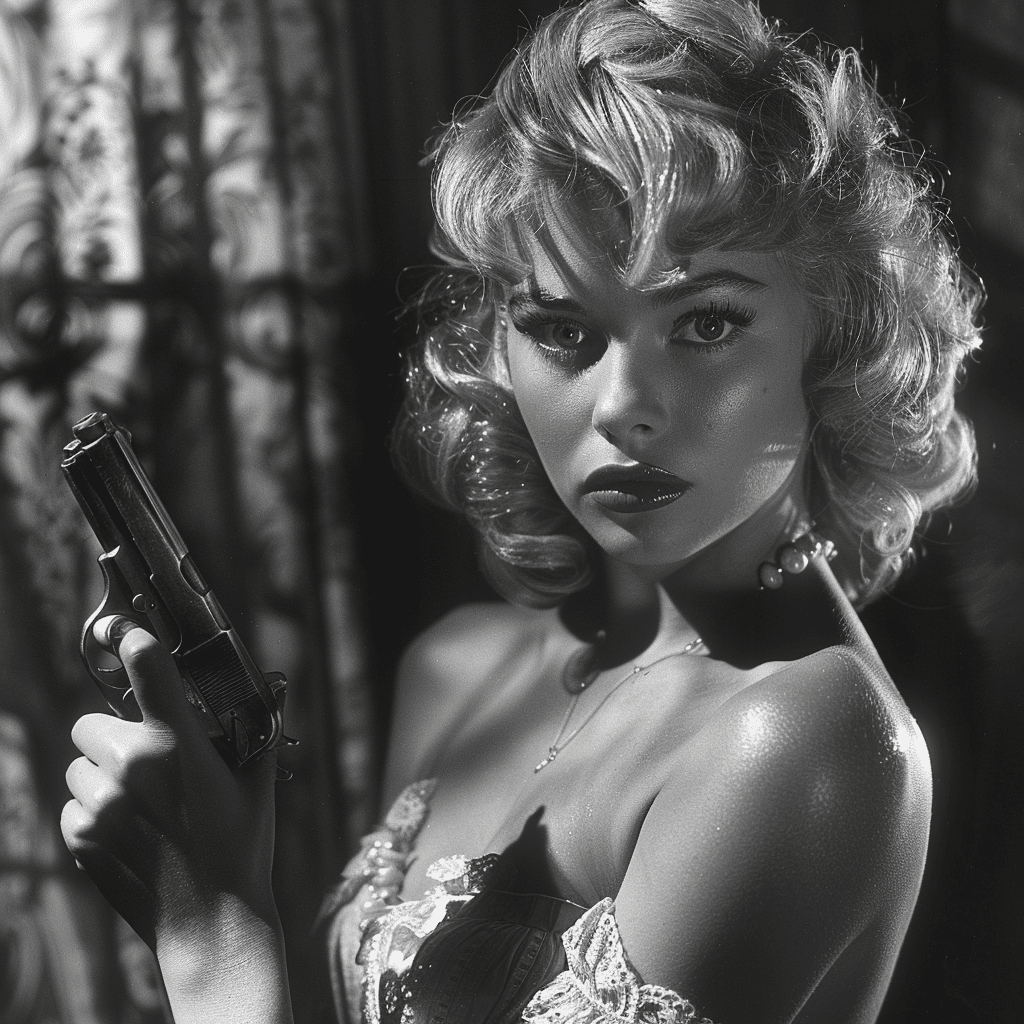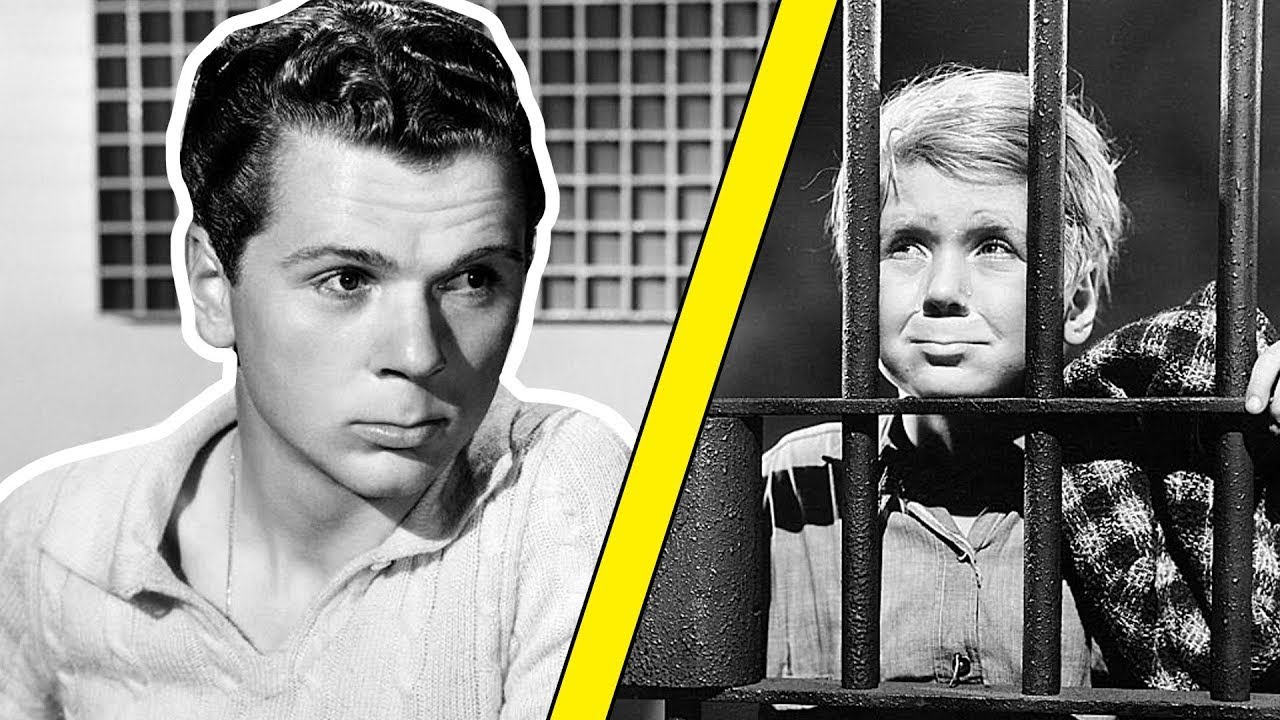
The Legacy of Jackie Cooper in Film History
Jackie Cooper’s journey into the heart of Hollywood began long before he became a household name. Born on September 15, 1922, in Los Angeles, Cooper was drawn to the camera almost instinctively. By the age of five, this spirited young boy was already lighting up the screen in the “Little Rascals” series, showcasing an array of facial expressions that captured both charm and mischief. His ability to harness such emotion was something special, allowing him to connect with audiences in a way few young actors could.
With “Skippy,” released in 1931, Cooper became not just a star but a symbol of what child actors could achieve. He earned an Oscar nomination at the tender age of nine, a record he still holds decades later, paving the way for future child stars who sought validation and recognition in a historically adult-centric industry. His performance in “Skippy” marked a pivotal moment in cinema’s history, proving that child actors could hold their own against established talents. Cooper didn’t just change expectations; he set new standards for young performers that followed, allowing them to dream bigger dreams.
The impact of Jackie Cooper’s nomination resonated far beyond his own career. For generations, child actors watched with ambition as Jackie Cooper defied the odds, leading to a cultural shift where kids became intricately woven into the narrative fabric of Hollywood. His legacy encouraged many aspiring actors, helping to mold an industry that began to recognize the unique talents of younger performers.
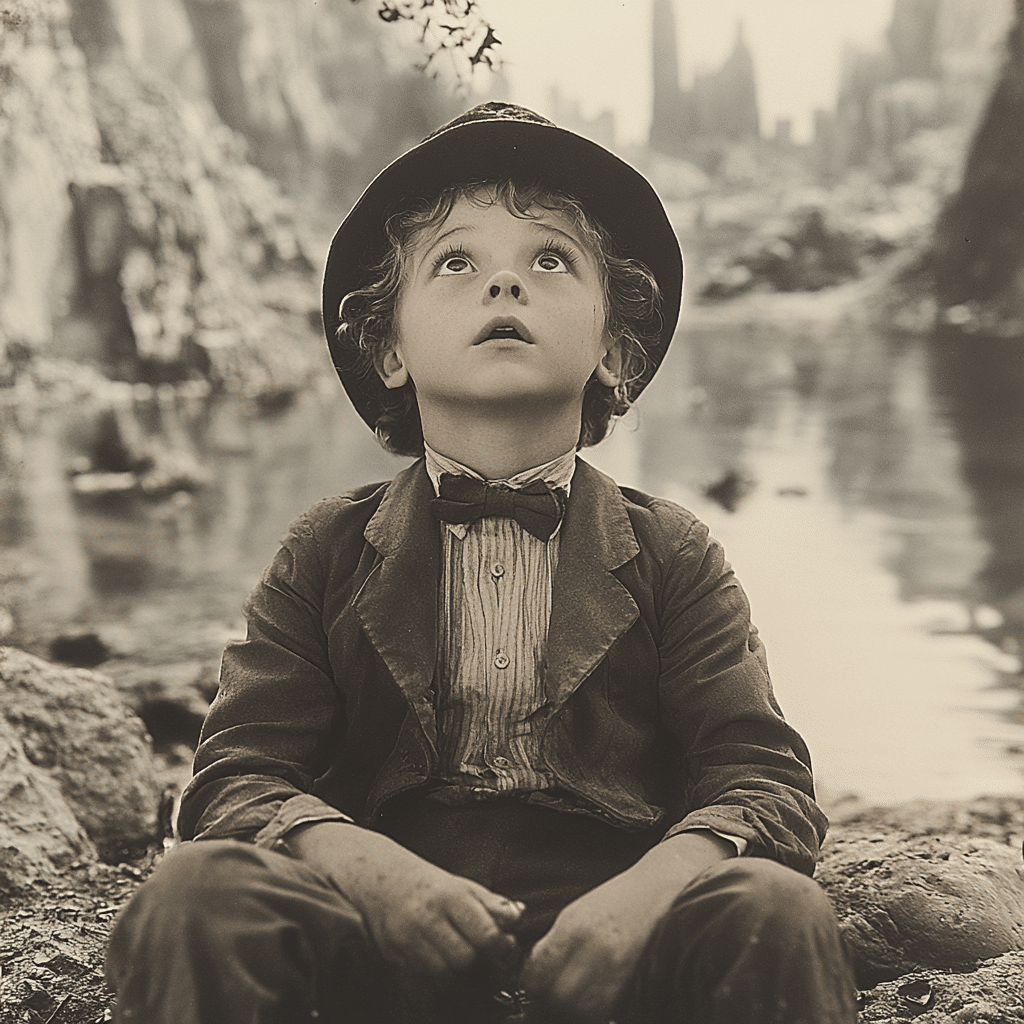
Top 5 Breakthrough Moments for Jackie Cooper: A Journey to Oscar Gold
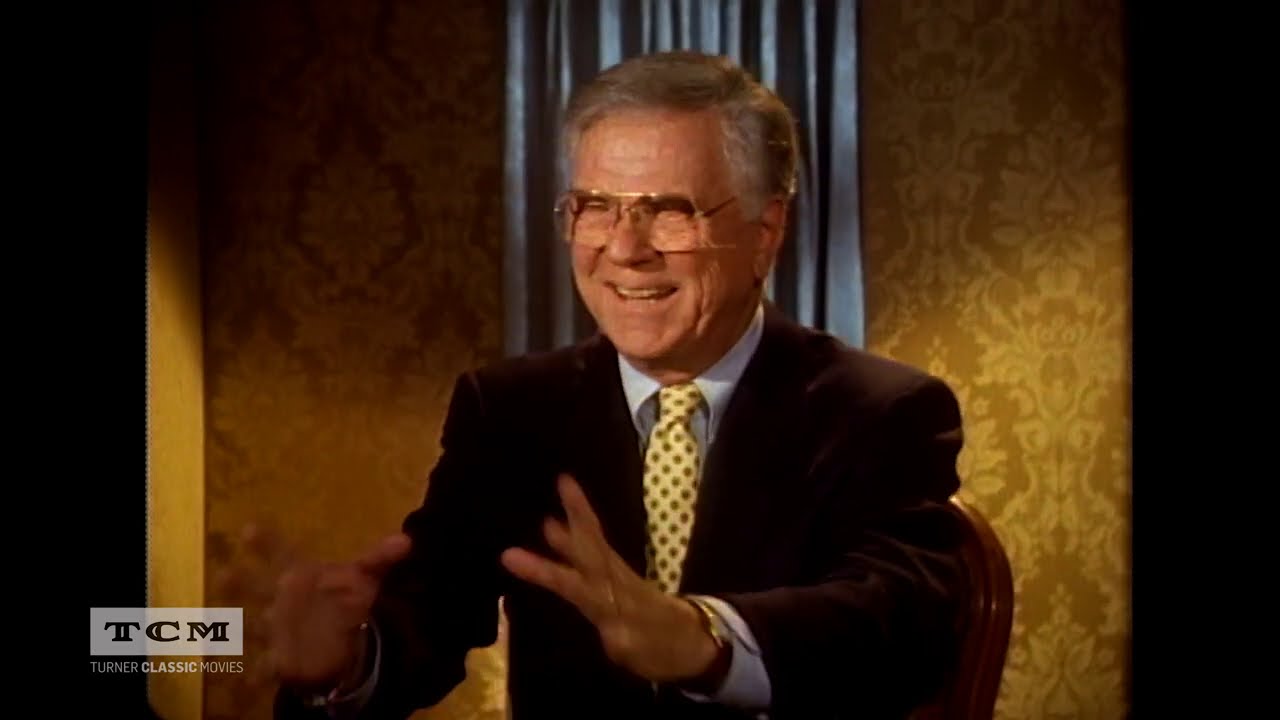
Jackie Cooper’s Impact on Future Generations of Actors
The ripples of Jackie Cooper’s influence can be seen in the careers of numerous actors, including Julie Christie. Cooper set an example that no age barrier could confine talent. His success offered a blueprint for the breadth and depth child actors could achieve as they matured. While many in his era were dismissed after their childhood, Cooper demonstrated that transitioning to adult roles was less about age and more about the caliber of one’s performance.
Cooper’s work reshaped the narratives surrounding youth in film, particularly during a time when the industry often overlooked young actors. The way he portrayed emotional struggles faced by children led to a shift in expectations—audiences began to demand greater authenticity and realism from child roles. His thoughtfully crafted performances allowed for deeper explorations of childhood experiences and emotions, planting the seeds for more complex storytelling in films to come.
The themes present in his films reflect a prominent socio-cultural evolution during the early to mid-20th century. They represent the endurance of the human spirit, the trials of family dynamics, and the innocence of youth. By bravely tackling these subjects, Cooper laid the groundwork for future actors to explore similar narratives.
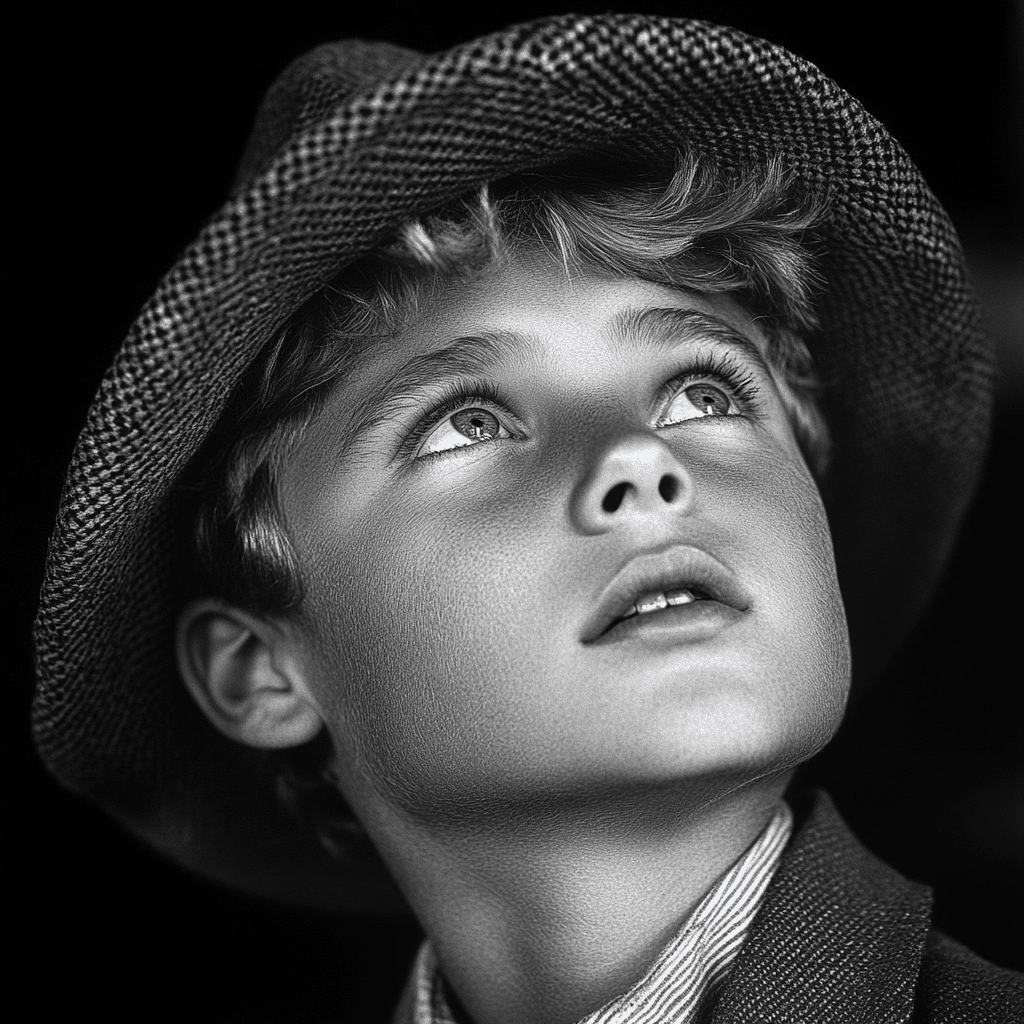
A Comparison of Jackie Cooper’s Legacy to Gregory Peck and Julie Christie
When comparing Jackie Cooper with icons like Gregory Peck, it’s clear that both men faced challenges in evolving alongside the industry. Cooper’s journey from cute child star to respected adult artist mirrors Peck’s trajectory from a promising newcomer to a respected Hollywood icon. Each actor navigated an industry fraught with shifting tastes and norms while maintaining their integrity.
Both actors delivered powerful performances that resonated deeply with audiences. In films like “To Kill a Mockingbird,” Peck gave life to the complexities of justice and morality, while Cooper managed to invoke empathy in his roles, guiding audiences through the trials of youth. Their emotional gravitas inspired future generations of actors to strive for authenticity in their portrayals.
The influence both had on cinema is undeniable. By breaking traditional molds and addressing pertinent issues, Jackie Cooper and Julie Christie cultivated a pathway for more nuanced narratives. Their collective body of work illustrates how performances can challenge industry norms, pushing boundaries and inviting audiences to engage with compelling stories on a deeper level.
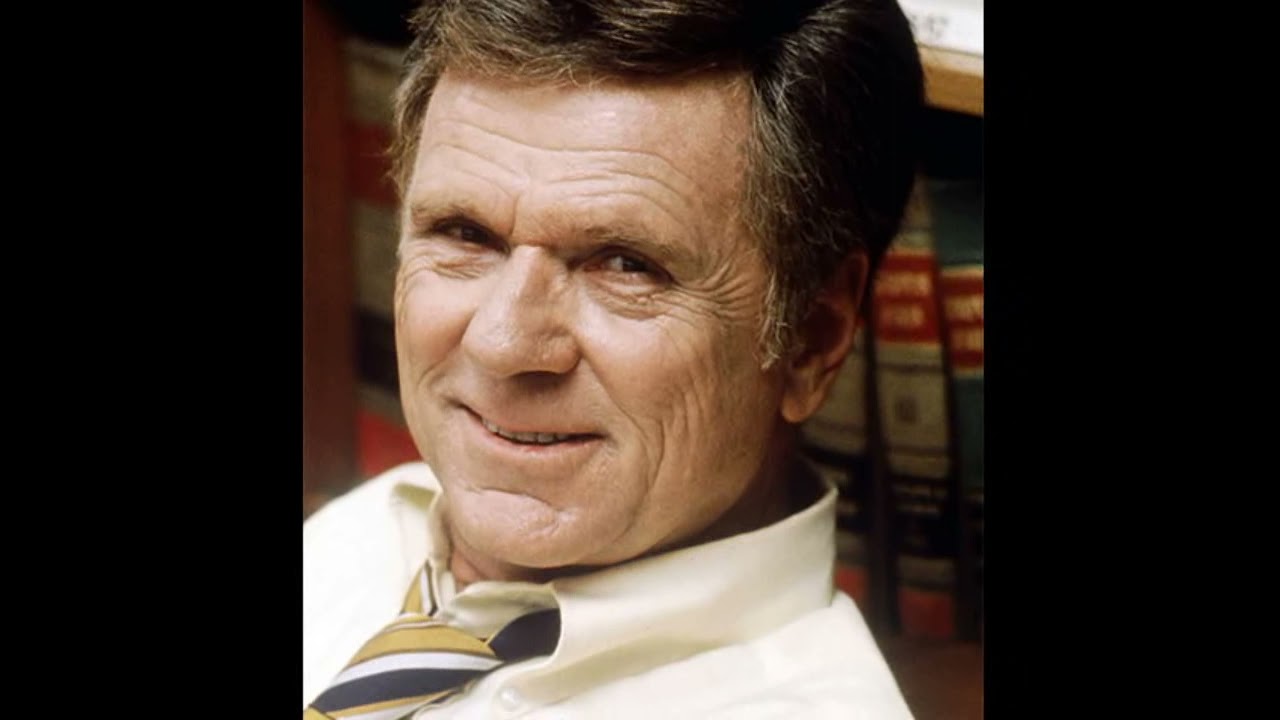
The Cultural and Historical Significance of Jackie Cooper’s Oscar Nomination
The significance of Jackie Cooper’s Oscar nomination can’t be understated, especially within the context of the Great Depression. During a period when despair loomed large, movies offered much-needed escapism to viewers. Cooper’s heartfelt performance in “Skippy” resonated with audiences, reminding them of childhood’s joys and the innocence associated with it. Such films became a glimmer of hope for many, a form of relief from the harsh realities they faced everyday.
The Academy’s decision to nominate a child actor marked a smile of change in its approach to awards. Jackie Cooper’s nomination opened doors for future generations of young actors, offering a glimpse of what was possible. As a result, the criteria for recognizing extraordinary performances began to evolve, and children were no longer simply entertainers; they became contenders for the industry’s highest accolades.
In many ways, Cooper’s nomination shifted the conversation surrounding child actors. The focus began to embrace their talents as serious art forms deserving of recognition. The change in perception led to a broader acceptance of child leads in significant roles, as future accolades were awarded to many deserving young actors who followed in Cooper’s footsteps.
A Lasting Legacy: Reflections on Jackie Cooper’s Influence
Jackie Cooper remains a significant figure in film history, not just for being the youngest Oscar nominee but also for defining what a child actor could achieve. His groundbreaking achievements have echoed through the decades, serving as a reminder that the struggles and dreams of youth in cinema are timeless.
Cooper’s remarkable journey proves that talent knows no age limits. His legacy remains an enduring inspiration for countless actors and filmmakers. By showcasing courage and innovation, Jackie Cooper demonstrated that success in the demanding film industry is a testament to the skill and heart one pours into their roles.
In essence, Cooper’s influence extends far beyond his Oscar nomination. He paved the way for aspiring filmmakers and young talent to find their place within an industry based on resilience and creativity. His journey speaks to the spirit of storytelling, showing us all how one remarkable life can leave a lasting impact on an art form and the world.
As you reflect on Jackie Cooper’s incredible journey, consider the struggles and triumphs of child actors today. His legacy serves as a shining beacon of hope and excellence in Hollywood, reminding us that the essence of storytelling thrives on voice, passion, and the shared human experience. Jackie Cooper’s life is a tribute to the indomitable spirit of youth and the endless possibilities that lie ahead for those who dare to dream.
Jackie Cooper: The Youngest Oscar Nominee Ever
A Star in the Making
Jackie Cooper’s rise to fame was far from ordinary. At just nine years old, he made history in 1931 by becoming the youngest Oscar nominee ever for his role in “Skippy.” What many don’t know is that Jackie shared his early Hollywood experience with a wide array of stars, even working alongside the iconic Jean Smart. Like Jackie, Jean Smart has made a significant mark in television and film, as showcased in her impressive career. Speaking of talented performers, there’s a treasure trove of characters in Bridget Moynahan Movies And TV Shows that can rival any classic Cooper film.
This child star wasn’t just a small-time player; he also starred in films like “The Adventures of Tom Sawyer,” which highlights his versatility. Cooper was a pioneer of his time, showing that kids could hold their own against seasoned actors. As he transitioned into adulthood, Cooper dabbled in various roles, such as in the gritty “Hostiles,” indicating his range and adaptability in an industry that often typecast young stars. And it wasn’t just movies; Cooper’s television credits include shows that resonate with viewers even today.
Life Beyond the Limelight
When the cameras stopped rolling, Jackie Cooper maintained a life rich in experience and connection. He held various roles in Hollywood beyond acting, becoming a successful director and producer in his own right. One particularly interesting aspect of his life is his connection to Elisa Johnson, who was known for her engaging performances. With the film industry’s ebb and flow, Cooper also navigated the waves of change while making room for fresh talent.
In addition to his extensive career, Cooper’s worth can also inspire discussions about financial success in Hollywood, akin to figures like Ben Affleck, whose net worth reflects both talent and savvy business moves. As with any profession, lessons learned in life can spark curiosity. For anyone pondering the ins and outs of insurance or seeking home insurance Brokers near me, understanding how celebrities manage their wealth provides a fascinating lens on financial responsibility.
Jackie Cooper’s story, filled with triumphs and transformations, remains one for the books. His legacy, as well as those who share his path, like Stephanie Foo and Vita Carnis, showcases the colorful tapestry of Hollywood’s history. With so many stories to uncover from this era, the world continues to celebrate those who laid the groundwork, making Jackie Cooper an eternal part of cinema’s golden days.
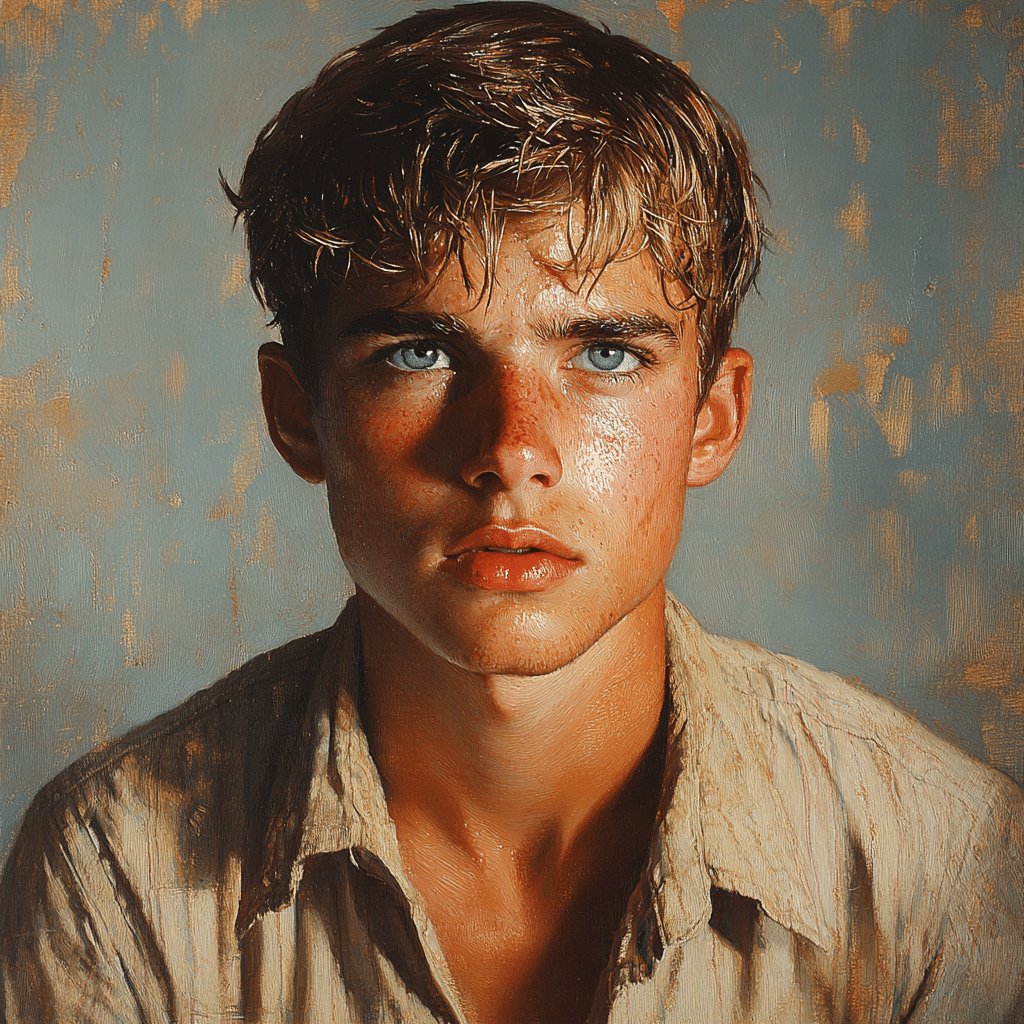
Was Jackie Cooper one of the Little Rascals?
Jackie Cooper was indeed one of the Little Rascals, becoming a notable star in the series after the Silent Films.
How old was Jackie Cooper when he died?
Jackie Cooper was 88 years old when he passed away on May 3, 2011.
Did Jackie Cooper date Judy Garland?
Yes, Jackie Cooper had romantic relationships with both Judy Garland and Lana Turner during his life.
How many episodes of Mash did Jackie Cooper direct?
He directed 13 episodes of “MASH,” showcasing his talent behind the camera.
Who was chubby in the original Little Rascals?
Chubby in the original Little Rascals was played by the comedian named Allen “Farina” Hoskins.
Was Jackie Cooper in the military?
Yes, Jackie Cooper served in the military during World War II.
How old was Jackie when JFK died?
Jackie was just 12 years old when JFK was assassinated in 1963.
What age was Jackie when his dad left?
Cooper was about 6 years old when his dad left the family.
Was Jackie Coogan a little rascal?
Jackie Coogan wasn’t a Little Rascal; he was actually a star from the silent film era, known for his role in “The Kid.”
Why did Judy Garland change her name?
Judy Garland changed her name to avoid being typecast and to create a more glamorous image for her career.
Who did Judy Garland have a baby with?
Judy Garland had a baby with composer David Rose, her second husband.
Where is Jackie Cooper buried?
Jackie Cooper is buried at the Westwood Village Memorial Park Cemetery in Los Angeles, California.
Who was only actor to appear in every episode of MASH?
Alan Alda is the only actor who appeared in every episode of “MASH.”
Why did MASH end?
“MASH” ended because the show’s creators felt they had told their most important stories and wanted to leave on a high note.
Who was the only regular cast member of the TV show MASH to actually serve in the army in Korea?
The only regular cast member of “MASH” who actually served in the army during the Korean War was Mike Farrell, though he played a character who didn’t.

